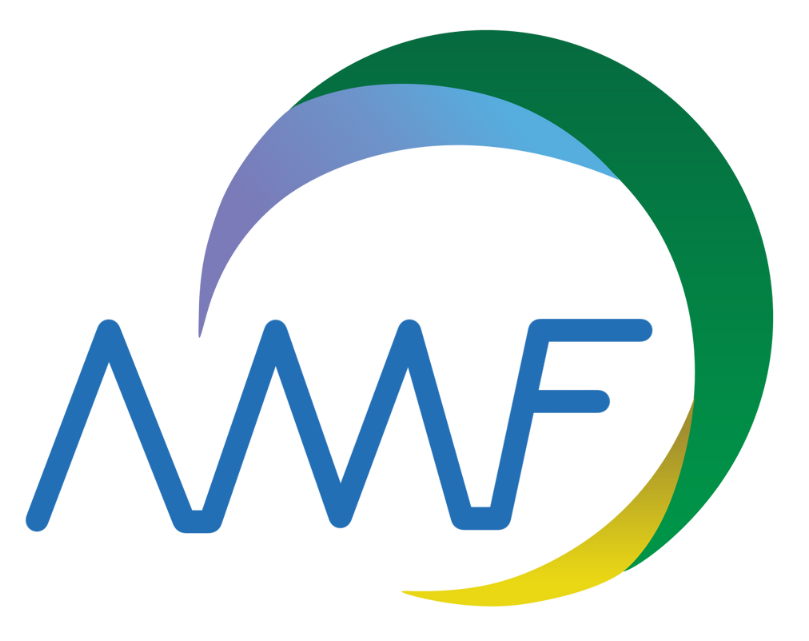Social Mapping Study (SOCMAP)

Executive Summary
PT Supreme Energy Rantau Dedap (SERD) demonstrates its commitment to ensuring social sustainability through the implementation of a Social Mapping (SOCMAP) study in its operational area. The study, conducted by Anwar Muhammad Foundation (AMF), mapped social, economic, and cultural conditions, as well as community perceptions across three sub-districts: Semende Darat Ulu, Kota Agung, and Dempo Selatan. The findings revealed strong local economic and cultural potential, yet highlighted ongoing social challenges and limited access to basic services. The key stakeholder analysis identified the important roles of traditional, religious, and village leaders in maintaining relationships between SERD and the communities. Community perceptions ranged from positive to neutral and critical, underscoring the need for two-way communication and more inclusive programmes. Based on these insights, ten empowerment programme recommendations were formulated, focusing on agricultural value enhancement, entrepreneurship development, infrastructure, education, health, and social capacity building.
Background
PT Supreme Energy Rantau Dedap (SERD) has been committed to delivering benefits to Project-Affected People (PAPs) through CSR programmes since 2013, including socio-economic surveys and livelihood restoration programmes for 131 PAPs. To evaluate the effectiveness of these initiatives, SERD, in collaboration with Anwar Muhammad Foundation (AMF) and under guidance from the Asian Development Bank (ADB), conducted the Social Mapping (SOCMAP) study. The focus was to update data on PAP benefits, education, gender, and resource management effectiveness in generating community value.
Client
PT. Supreme Energy Rantau Dedap
Year
2024/Indonesia
Location
Muara Enim Regency & Lahat Regency, South Sumatra
Objectives of the Intervention
- To map the social conditions of communities within SERD’s operational areas by examining geographic characteristics and infrastructure availability, demographic conditions and poverty distribution, community group activities and intergroup social relations, professions, occupations, and livelihoods, public perceptions of government and non-government programmes, as well as levels of participation and mechanisms for resolving socio-economic and cultural issues.
Implementation
- Conducted stakeholder mapping to identify actors and relationship networks among individuals, groups, and organisations.
- Described social roles and positions of key community actors in Lahat, Muara Enim, and Pagar Alam.
- Analysed the power and interest dynamics among stakeholders, including conflicts, issues, and sources of influence.
- Identified community forums used to discuss public and governance-related matters, including traditional institutions.
Hasil Utama dan Keluaran
- Teridentifikasi potensi ekonomi utama dari sektor pertanian, hortikultura, dan peluang agrowisata.
- Budaya lokal dan adat istiadat masih kuat, berperan penting dalam struktur sosial masyarakat.
- Tokoh adat, kepala desa, kelompok tani, karang taruna, dan organisasi keagamaan berperan kunci dalam pengambilan keputusan serta menjaga modal sosial.
- Teridentifikasi kekuatan berupa letak geografis strategis, potensi pertanian (kopi), nilai gotong royong, serta peluang pengembangan ekowisata dan produk lokal.
Main Outputs and Deliverables
Identified key economic potential in the agriculture, horticulture, and agrotourism sectors.
Found that local culture and customary traditions remain strong and play vital roles in social structures.
Recognised traditional leaders, village heads, farmers’ groups, youth organisations, and religious groups as key actors in decision-making and maintaining social capital.
Identified regional strengths such as strategic geography, agricultural potential (notably coffee), communal values, and opportunities for ecotourism and local product development.
Challenges Encountered
- Mountainous terrain posed logistical challenges, offering lessons for designing more adaptive mobilisation strategies.
- The homogeneous, custom-based social structure enriched the study with diverse local perspectives.
- Limited demographic and institutional data required extensive validation through interviews and field observation to ensure accuracy.
Lessons Learned
- Conducting an in-depth socio-cultural mapping is essential prior to implementing interventions.
- Traditional forums and the involvement of community leaders serve as effective entry points for communication and programme acceptance.

Anwar Muhammad Foundation
Jl. O Kavling No. 12, RT. 10 RW. 14, Kebon Baru, Tebet, Jakarta Selatan – Indonesia 12830